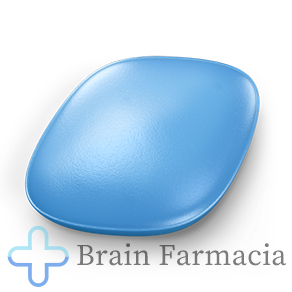Understanding Diabetes
Diabetes is a chronic condition that affects the body's ability to regulate blood glucose levels. It occurs when the pancreas doesn't produce enough insulin or when the body can't effectively use the insulin it produces. There are two main types of diabetes: type 1 and type 2.
Type 1 Diabetes
Type 1 diabetes is an autoimmune disease in which the immune system mistakenly attacks and destroys the insulin-producing cells in the pancreas. This results in little to no insulin production, causing high blood sugar levels. People with type 1 diabetes require insulin injections or the use of an insulin pump to survive.
It is important for individuals with type 1 diabetes to monitor their blood sugar levels regularly and adjust their insulin dosage accordingly. They also need to follow a healthy diet and engage in regular physical activity to maintain stable blood sugar levels.
Type 2 Diabetes
Type 2 diabetes is the most common form of diabetes, accounting for around 90% of all diabetes cases. It typically develops later in life and is often associated with lifestyle factors such as poor diet, lack of exercise, and obesity.
In type 2 diabetes, the body becomes insulin resistant, meaning it doesn't respond to insulin properly. This leads to elevated blood sugar levels. Treatment for type 2 diabetes may include lifestyle changes such as adopting a healthy diet and increasing physical activity. In some cases, oral medications or insulin injections may also be prescribed.
Treating Hypertension
Hypertension, or high blood pressure, is a common condition that occurs when the force of blood against the artery walls is consistently too high. It is often referred to as the \"silent killer\" because it does not usually cause noticeable symptoms initially.
Lifestyle Modifications
For many individuals with hypertension, lifestyle modifications can help manage the condition effectively. These include maintaining a healthy weight, following a balanced diet rich in fruits, vegetables, and whole grains, reducing sodium intake, engaging in regular physical activity, limiting alcohol consumption, and avoiding tobacco use.
Regular monitoring of blood pressure levels at home and stress reduction techniques like yoga or meditation can also be beneficial. It is important to consult a healthcare professional for personalized advice and guidance on managing hypertension through lifestyle modifications.
Medication Options
In some cases, lifestyle modifications may not be sufficient to control hypertension. In such situations, healthcare professionals may prescribe medications to lower blood pressure. Several classes of medications are available, including diuretics, beta-blockers, calcium channel blockers, and ACE inhibitors.
The choice of medication depends on various factors such as the severity of hypertension, the presence of other medical conditions, and individual patient characteristics. Regular monitoring and follow-up with a healthcare professional are necessary to ensure the effectiveness and safety of the chosen medication.






